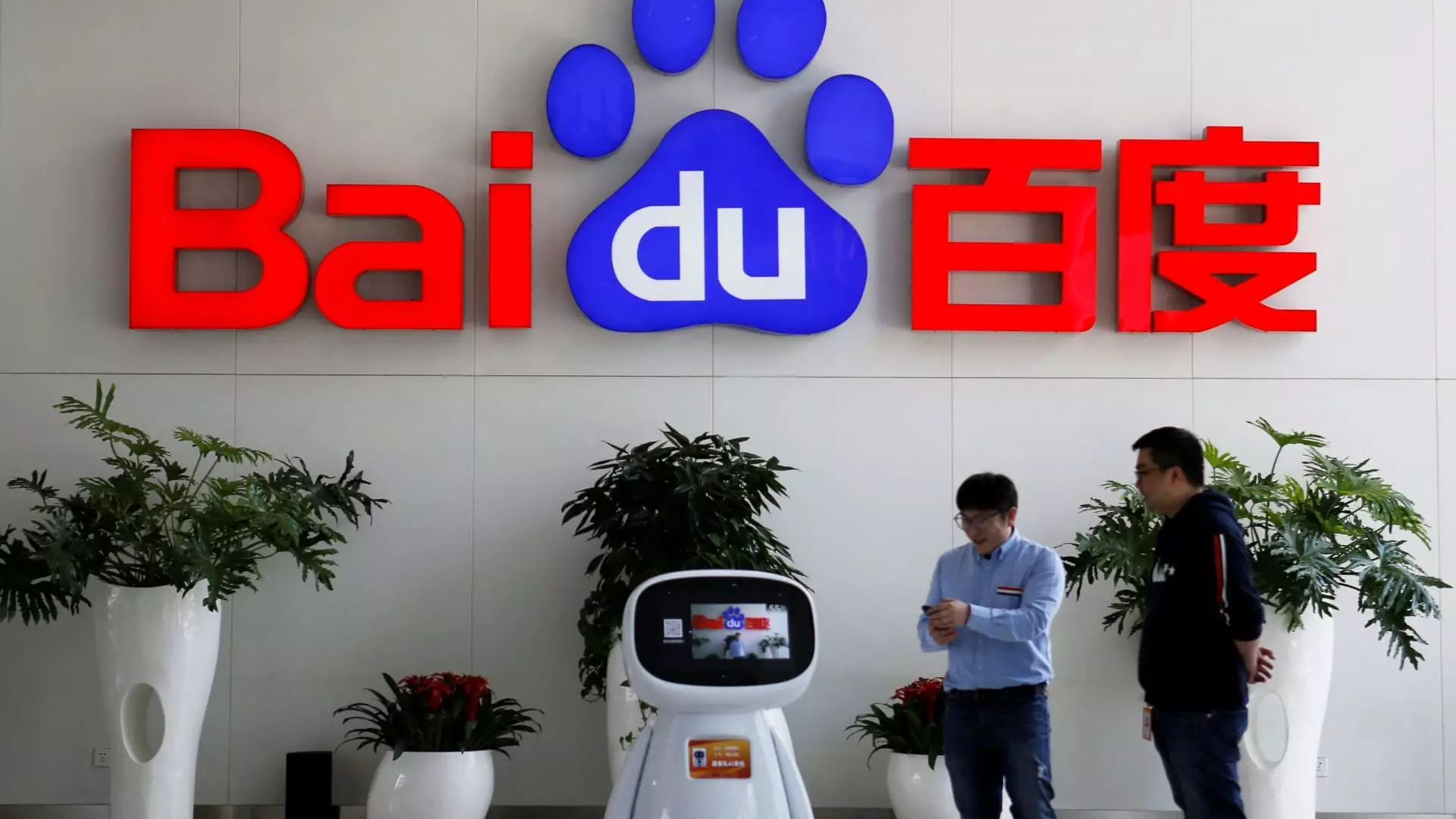The landscape of artificial intelligence (AI) technology is becoming increasingly competitive and dynamic, especially in China. With Baidu—a leading tech company in the region—set to unveil its next-generation AI model, Ernie 5.0, in the latter half of the year, the stage is set for significant developments. This potential upgrade aims to enhance the capabilities of a “foundation model” that processes multiple forms of data, including text, video, images, and audio. However, as newer players enter the market and established rivals continue to innovate, Baidu faces critical challenges and opportunities in maintaining its position.
Baidu’s Vision for Ernie 5.0
Baidu’s forthcoming Ernie 5.0 is expected to introduce substantial improvements in its multimodal capabilities. Unlike traditional AI models that only process singular types of data, multimodal AI recognizes, understands, and generates across various categories of information. For instance, this model aims to transform text into video content and vice versa, thereby fostering a richer interface for users who engage with multiple forms of media. While specific functionalities have yet to be disclosed, the anticipated enhancements signal Baidu’s effort to keep pace with rapidly evolving technologies.
The need for such advancements is underscored by the entry of new competitors, particularly startups like DeepSeek, which recently gained attention for its impressive AI reasoning skills and competitive pricing compared to established AI models like OpenAI’s ChatGPT. The appearance of these players is forcing Baidu to rethink its strategy and innovate at a quicker pace to stay relevant in the market.
The launch of Ernie 5.0 represents a critical moment for Baidu amid the broader context of a technological race in China, where numerous companies are vying for leadership in artificial intelligence. The rising success of businesses like Alibaba and ByteDance demonstrates that the competition is fierce and unforgiving. In fact, Baidu’s share price has been sluggish compared to its rivals, highlighting a pressing need for Baidu to reinvigorate its market presence as it battles to regain the momentum it initially built with the launch of Ernie.
Baidu’s partnership with emerging technologies also implies a strategic pivot. The company’s Wenku platform, which has seen a surge in paid users, utilizes AI to simplify the document creation process. This development reflects a clear direction toward integrating generative AI within the company’s market offerings—an essential component of maintaining competitiveness.
Baidu’s CEO, Robin Li, spoke at the World Governments Summit in Dubai about the potential of AI to drastically lower operational costs. Specifically, he noted that the inference costs for foundation models could diminish by over 90% within a year. This assertion goes beyond mere speculation; it underscores the broader economic implications of AI advancements, potentially leading to enhanced productivity across various sectors.
While Li remains optimistic about the impact of these developments, the reality is that the competition will not simply stand by. As OpenAI and other global leaders continue to push the boundaries of AI technology, Baidu must maintain a rapid pace of innovation to offer compelling alternatives—ensuring productivity gains translate effectively into market shares.
As Baidu gears up for the release of Ernie 5.0, questions linger about the company’s performance and strategic direction moving forward. While Baidu’s achievements in crafting AI solutions demonstrate a commitment to technological advancement, the pressure from competitors like DeepSeek, Alibaba, and the ever-present threat from OpenAI indicates a critical juncture in AI development.
The next few years will be pivotal for Baidu and the Chinese AI landscape as the balance of power continues to shift. With the potential launch of Ernie 5.0, the ability to capture market share amidst fierce rivalry will depend largely on not just the technical specifications of the model but also the soundness of Baidu’s overall strategic positioning in this rapidly changing environment.

